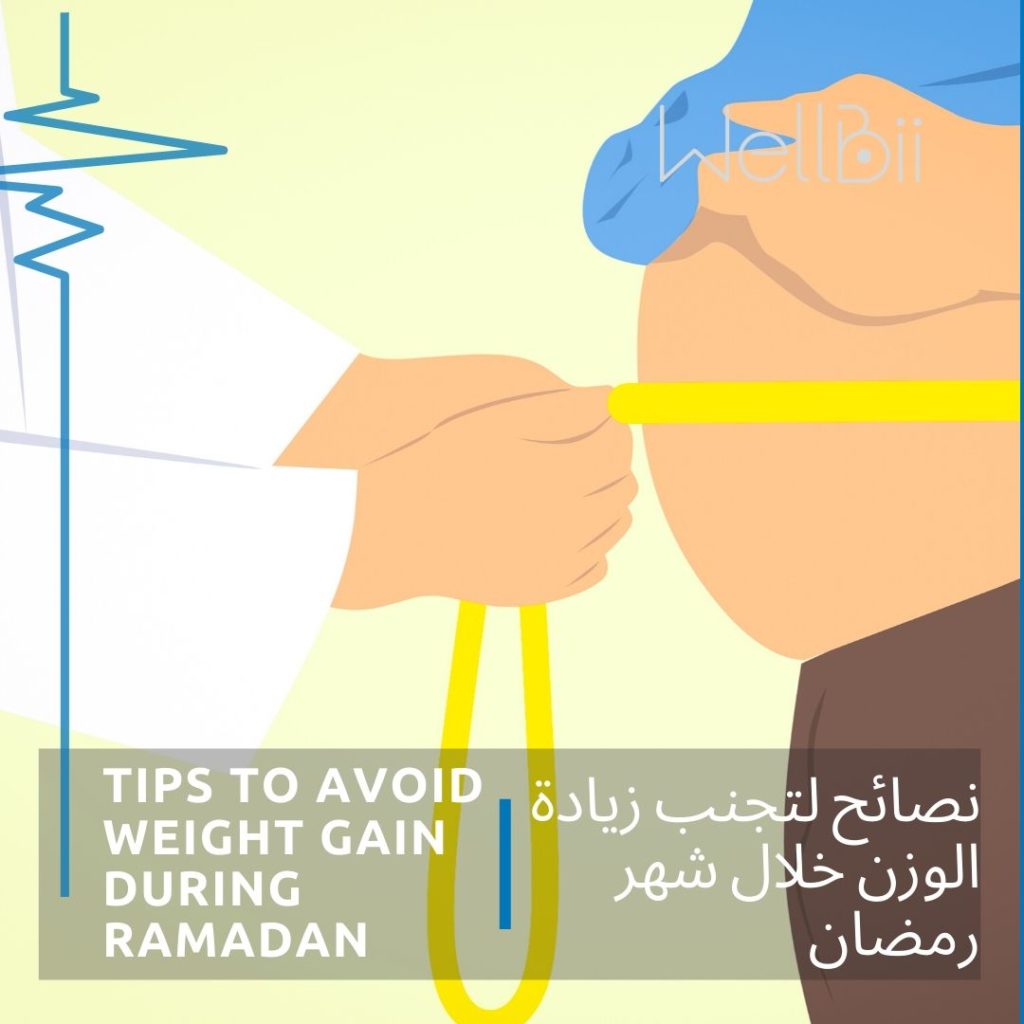7 HARMFUL EFFECTS OF OVEREATING DURING RAMADAN

Consuming large quantities of food or an unbalanced diet for Iftar can lead to stomach upset and intestinal disorders that may worsen existing health conditions. People can experience health problems in Ramadan due to eating beyond the level of fullness at the time of breaking their fast. If people don’t maintain moderate food intake and overindulge, this contradicts the purpose of the fast. It can also lead to weight gain and obesity and associated complications, such as diabetes mellitus and heart disease. Part of the benefits of fasting is to help us develop a healthier lifestyle, in addition, to reinforce community relationships and enhance compassion and charity. One of the most common ailments observed due to overeating in Ramadan is abdominal pain. This happens when people eat very quickly immediately after the Maghrib adhan (call to prayer) is given. A large amount of carbohydrates in meals makes people bloated and this is what most frequently results in stomach pains. Here are 7 harmful effects of overeating.
1 May make you sleepy
Overeating may cause some people to feel sleepy or sluggish. This may be due to excess insulin production, which leads to low blood sugar.
2 May cause excessive gas and bloating
Eating large amounts of spicy and fatty foods, as well as drinking fizzy beverages like soda, can cause gas and bloating.
3 May make you nauseous
Acute overeating can lead to nausea and indigestion due to large volumes of food entering your stomach and hampering your digestive system.
For online coaching click here
4 May impair brain function
Chronic overeating and obesity are linked to slight cognitive decline with aging, though further research is necessary.
5 May increase disease risk
Chronic overeating may promote obesity and insulin resistance, two major risk factors for metabolic syndrome — a cluster of conditions that increases your risk of heart disease, stroke, and diabetes.
6 May disrupt hunger regulation
Chronic overeating may override hormones that control fullness and hunger, making it difficult to determine when your body needs food.
7 May promote excess body fat
Overeating is closely linked to excess body fat and obesity due to your body being in a calorie surplus. To avoid fat gain, focus on lean proteins and non-starchy vegetables at meals.
For the full article click here
How do you avoid gaining weight during Ramadan?






Responses